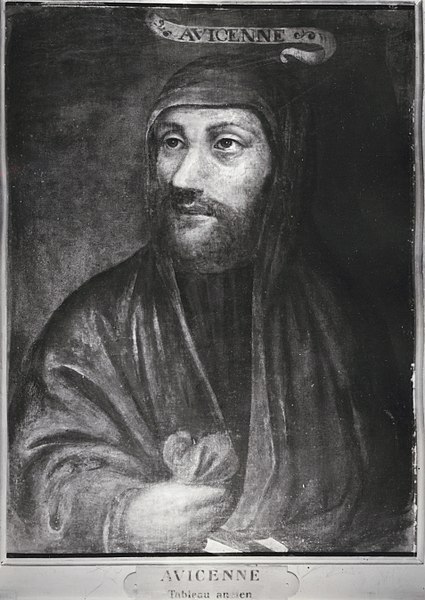Alfred Tarski was a Polish-American logician and mathematician. A prolific author best known for his work on model theory, metamathematics, and algebraic logic, he also contributed to abstract algebra, topology, geometry, measure theory, mathematical logic, set theory, and analytic philosophy.
Tarski in 1968
Warsaw University Library – at entrance (seen from rear) are pillared statues of Lwów-Warsaw School philosophers (right to left) Kazimierz Twardowski, Jan Łukasiewicz, Alfred Tarski, Stanisław Leśniewski.
Alfred Tarski at Berkeley
Logic is the study of correct reasoning. It includes both formal and informal logic. Formal logic is the study of deductively valid inferences or logical truths. It examines how conclusions follow from premises due to the structure of arguments alone, independent of their topic and content. Informal logic is associated with informal fallacies, critical thinking, and argumentation theory. It examines arguments expressed in natural language while formal logic uses formal language. When used as a countable noun, the term "a logic" refers to a logical formal system that articulates a proof system. Logic plays a central role in many fields, such as philosophy, mathematics, computer science, and linguistics.
Young America's dilemma: Shall I be wise and great, or rich and powerful? (poster from 1901) This is an example of a false dilemma: an informal fallacy using a disjunctive premise that excludes viable alternatives.
Bertrand Russell made various contributions to mathematical logic.
Image: Aristotle Altemps Inv 8575
Image: Avicenne Avicenna Ibn Sina (980 1037) CIPB2067







